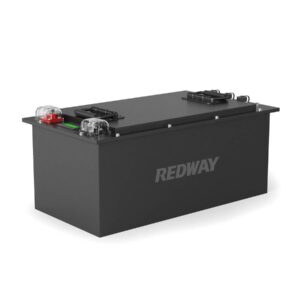
Who gives the most money for old car batteries?
Automotive scrap yards and specialized battery recyclers typically offer the highest payouts for old car batteries, as lead-acid batteries contain valuable lead (60–80% by weight) and sulfuric acid. Prices fluctuate with global lead markets ($0.20–$0.50 per pound in 2025), but large-scale recyclers like ECOBAT or Retriev Technologies often provide competitive rates due to advanced smelting capabilities. Pro Tip: Check local metal commodity prices weekly—selling during peak industrial demand periods can increase returns by 15–30%.
How to Safely Dispose of and Recycle Car Batteries
How do recyclers determine battery value?
Recyclers calculate payments based on lead content (average 18 lbs per battery), sulfuric acid recovery costs, and polypropylene case recycling. Prices track LME (London Metal Exchange) lead prices, with adjustments for transportation and processing fees. For example, at $1.00/lb LME, you might receive $0.35/lb after deductions.

Battery valuation hinges on three factors: weight, market conditions, and recycler efficiency. Heavy-duty truck batteries (40–60 lbs) yield 30–50% more than standard car batteries (30–40 lbs). Some recyclers use XRF analyzers to verify lead purity—batteries with ≥99% pure lead plates command premium rates. Pro Tip: Remove plastic casing yourself—some facilities pay extra for pre-separated components.
Battery Expert Insight
FAQs
Do auto parts stores pay cash for old batteries?
Most offer store credit ($5–$20) rather than cash, as state laws often prohibit cash payments to discourage theft. Exceptions exist in regions with mandatory battery deposit systems.
Are lithium car batteries more valuable than lead-acid?
Yes—lithium batteries contain cobalt/nickel worth $2–$8/lb, but specialized recyclers are scarce. Less than 5% of U.S. recyclers currently process lithium automotive batteries.
